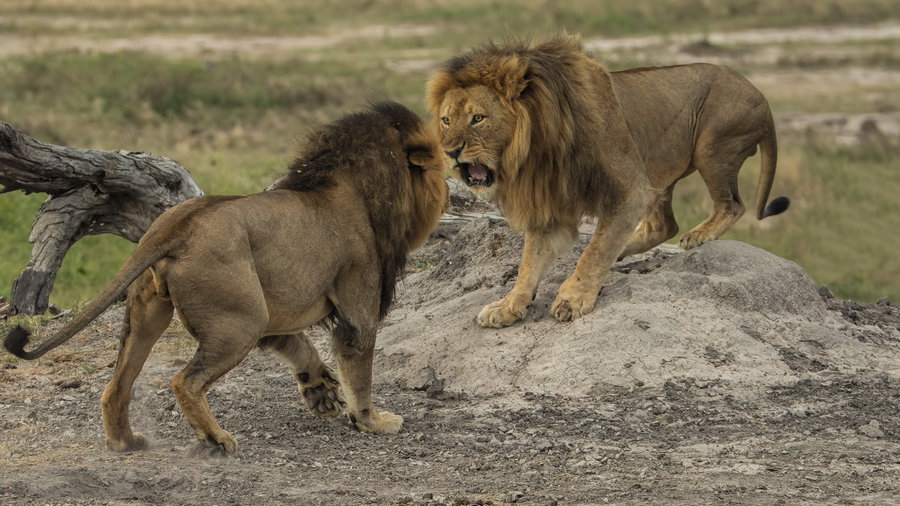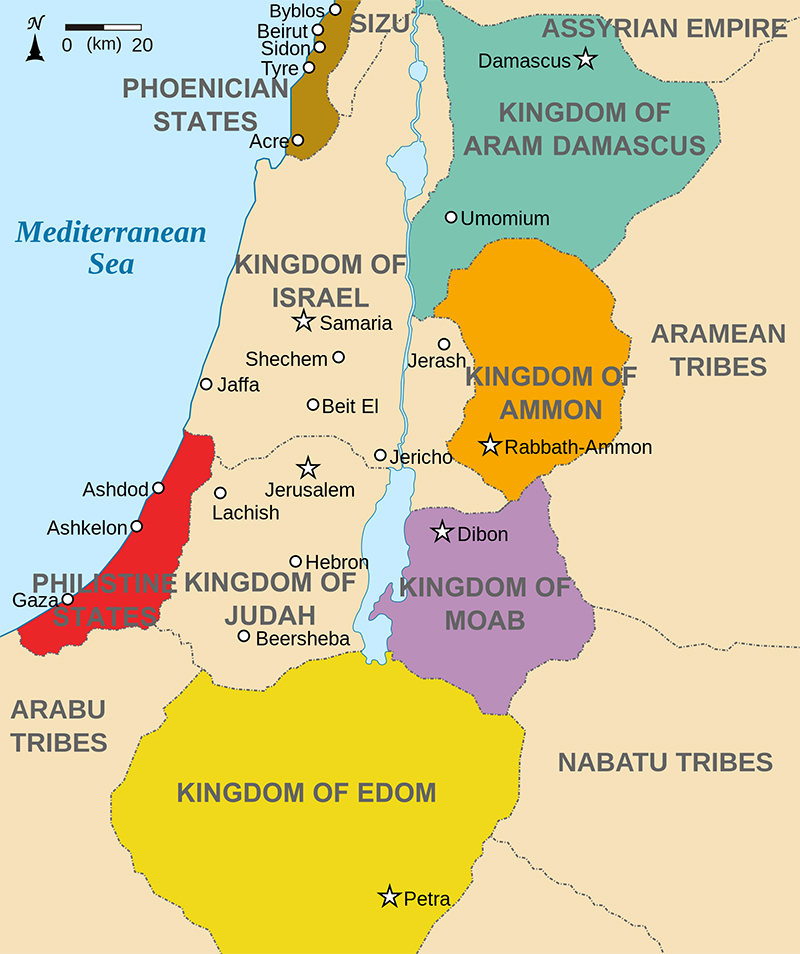Bible Experiment Obadiah
We’ve arrived at the shortest book of the Old Testament. I’ve been reading each book of the Bible and then writing about each book as a sort of modern free flowing response to what the Bible might mean today. And I’ve made it my challenge to write a thousand words (usually 2k) about each as I grapple with the weird, the interesting, and the larger than life characters found therein. Seeing as though this entire book is exactly 572 words, it will be an interesting write up as I try to get to 1k (relevant) words. But as I am the epitome of verbose, I’m betting we clear 1500 words without even trying. Any takers? (See how I’ve already thrown down over a hundred without really even starting. I wouldn’t take that bet if I were you.) Hahaha.
Regardless, Obadiah highlights and interesting and relevant struggle that is waged today. It’s a fight that continues right now. Today. All around you, but you don’t see it because you aren’t looking. Right? Reminds me of the movie The Prestige where at the outset we hear the narrator say, “Are you watching closely?” But alas, I’m getting well ahead of myself. Pacing. It’s all about pacing! 1,500 here we come!
The book of Obadiah is all about two nations. (Actually it’s a much deeper story that that, but on the face of it anyway, it’s all about two nations.) The nation of Israel, and the nation of Edom. ‘What’s an Edom?’ I hear you asking. And personally when I first read the chapter… sorry, I mean book… I too was like, um so? Why? What? But then I realized very quickly what this was all about, it clicked.
In order to understand the political situation of the day a map might help. No idea if this map directly corresponds with the exact time that Obadiah was written, because it isn’t clear when it was written. But the map gives us a good feel for the general lines drawn between Israel and Edom in the Old Testament. This particular map covers a time when Israel was split into two nations – Judah and Israel. But below Israel & Judah, you can see the mustardy yellow kingdom of Edom.
Israel came from one person… Jacob. And Edom? And here is the key, the nation of Edom came from one person as well, Jacob’s brother, Esau. So although we have a very short book, we have an extraordinarily rich backstory to draw from for the context of these two nations. And an even richer backstory to draw from for the context of these two brothers and this story.
So what was the story of Jacob and Esau? Even if you only attended Sunday School eons ago, you probably know this story. Basically, 4,000 years ago Abraham had a son named Isaac (which is no small miracle in and of itself, but that is a conversation for another day entirely) and Isaac and Rebekah had twins. It was said that two nations wrestled with each other in Rebekah’s womb. Esau was born first. And Jacob? He came out moments later, holding onto the heel of his brother. Jacob literally means “heel grasper” – or better translation, supplanter. Jacob was without a doubt a trickster and constantly at his brother. But, Jacob looked up to God, and led his family in that devotion. And Esau couldn’t be bothered in that pursuit. He was a bit of a wild man, and someone that went his own way and did his own thing. So already, we see a split in these two men. One who follows after God, and the other that does not. (And obviously the story goes on from there. But that difference is the key piece to what we are discussing here in Obadiah.) So, yeah, about that, what specifically does the book of Obadiah say about these two guys and their nations?
“See, I will make you small among the nations; you will be utterly despised. The pride of your heart has deceived you, you who live in the clefts of the rocks and make your home on the heights, you who say to yourself, ‘Who can bring me down to the ground?’ Though you soar like the eagle and make your nest among the stars, from there I will bring you down,”
Apparently God decided to pull Obadiah aside to send a message to Edom. Last time, we talked about Amos, and his being a shepherd and that he was called to go and send his message. With Obadiah, we have zero context as to who this guy really is. But knowing how God would regularly just pull people from all walks of life (Daniel being a great example as a key advisor to the King of Babylon, Moses the prince, Amos the nobody, Jesus the carpenter…) he could be anyone. And to make matters worse, Obadiah is kind of like being named John Smith. So there is even less for us to go on here about him. But regardless, the message is clear… Edom, (Esau) stop picking on your brother. Quit thinking of yourself as all that. Just because you have a house on a hill overlooking miles and miles of cattle… I will humble you. Edom, be very very careful. I see the thoughts of your hearts. I see how you are laughing at the problems of your brother. I see how you are belittling him.
This isn’t the only time that God used prophets to speak to nations other than Israel. Just off the top of my head I can think of Egypt, Assyria, Babylon… but this book has more of a familial quality to it than those. It isn’t a conversation salvo heading up to the United Nations, it’s a mediator stepping between two brothers that are going at it. Right? But those brothers happen to also be nations now… nations that are reveling in each other’s demise. Nation’s that are treating each other poorly. But again, more importantly than nations, we are talking about people here, people with attitudes, and predispositions for and against God.
Declares the Lord
As the book (the chapter really) moves along it’s 570 some odd words a few times Obadiah says things from God, and my Bible right indents this phrase – “Declares the Lord”, “The Lord Has Spoken”, . It’s almost as if a promise is stated… and then as an afterthought, the presidential seal is applied next to it. It takes the conversation to an entirely different level. It goes from a recommendation, to a promise and certainty. From a good idea to a matter of Scientific Law… if you know what I mean. Esau, your gloating was fun for a while, but you sat there and watched as the mighty nations destroyed your brother and his offspring, I will lay you low now… Respectfully… GOD. I really thought that was interesting this right justified signature. Really gave the passage a very weighty feel to it.
Jacob & Esau Today
But if this is only about the nation of Edom, that is dead and gone, it has zero interest for us today. If it’s only about a bunch of guys that thought they were super clever, and yet were ultimately laid low, then this book is just a good proverb… or maxim to avoid, and to live by. But it’s not. Obadiah is rich in relevance today.
But to apply it to yourself today you have to ask the question – what is your heart like towards God and His people? Are you hostile? Do you hate Him and them? If so, then these words are just as applicable to you today as to the people of Edom 4,000 years ago.
“How Esau will be ransacked,his hidden treasures pillaged!All your allies will force you to the border;your friends will deceive and overpower you;those who eat your bread will set a trap for you,but you will not detect it.”
But on Mount Zion will be deliverance;it will be holy,and Jacob will possess his inheritance.Jacob will be a fireand Joseph a flame;Esau will be stubble,and they will set him on fire and destroy him.There will be no survivorsfrom Esau.”
The Lord has spoken.


